
In the late 19th century, the fortunes of the Bertarelli family began to change — slowly at first, but then dramatically. The catalyst was the rise of the urban industrial economy which, along with the unification of the Italian peninsula, opened up new opportunities.
Pietro would go on to achieve enduring success at Serono. The foundation he laid would, in different ways, be built upon — first by his son, Fabio, and later by his grandchildren, Ernesto and Dona.
The name Serono is synonymous with the Bertarelli family, who, over three generations, guided the company through groundbreaking transformations. Once a modest pharmaceutical firm, Serono grew under their leadership to become the world’s third-largest biotechnology company until it was sold in 2007. The Bertarelli family used this capital to build, and grow, a diverse portfolio of business enterprises.
In 1906, Serono, the Italian pharmaceutical company was established in Rome as the Instituto Nazionale Medico-Farmacologico. Its modest origins gave no clue that it would ultimately become the third largest biotechnology company in the world.
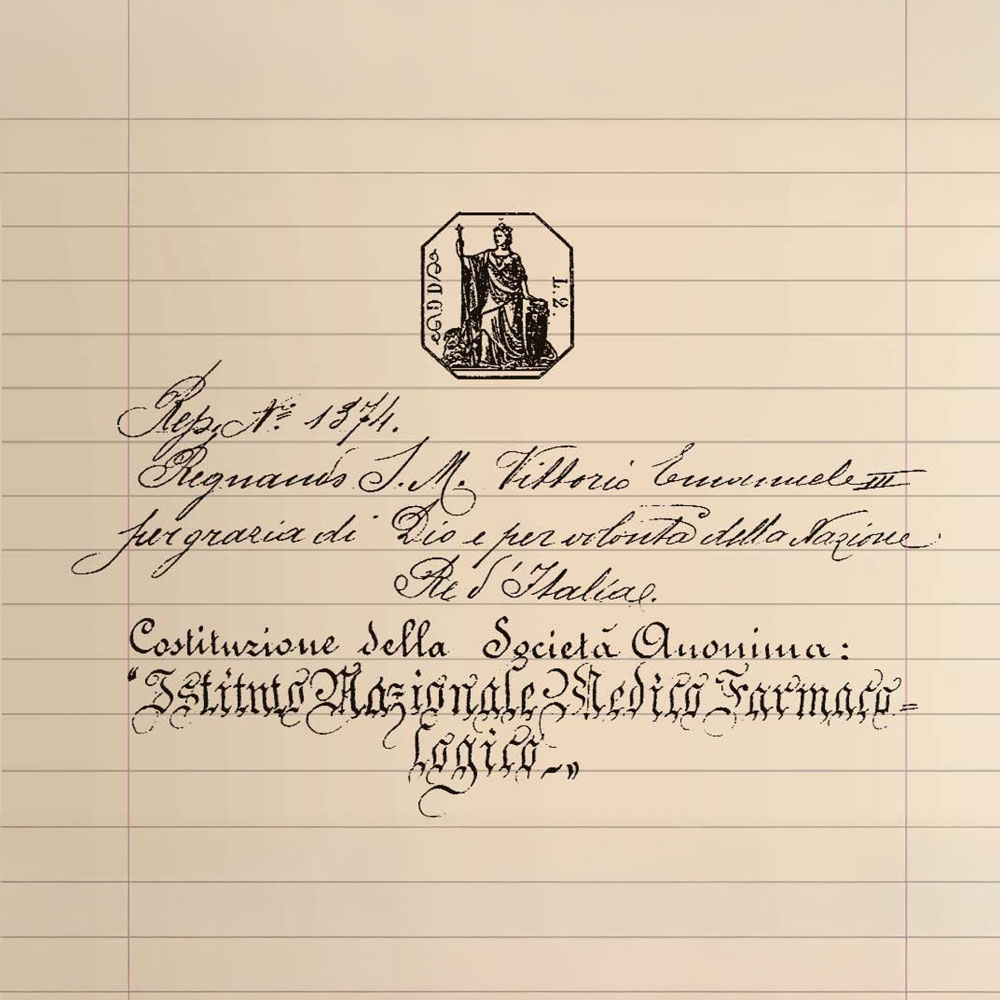
Over 1.3 million boxes of Bioplastina Serono - Italy's favourite health tonic - were sold every month. Derived from egg yolks, the therapeutic properties of Bioplastina's active ingredient, lecithin, were first discovered by Cesar Serono in 1897.
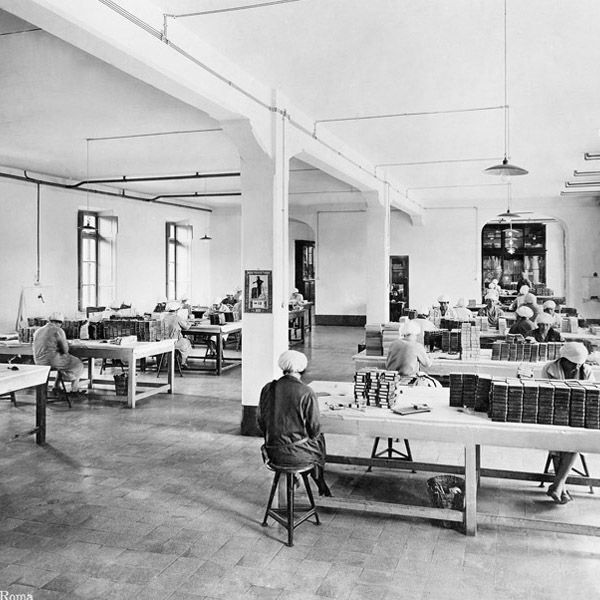
Pietro Bertarelli, Ernesto and Dona Bertarelli's grandfather, had been instrumental at Serono since it's early days and in 1935 was appointed Managing Director and later became its Chief Executive.

Serono perfected a process to purify gonadotrophin - a hormone, naturally secreted by the pituitary gland - which leads to the commercial manufacture of the acclaimed fertility drug Pergonal.
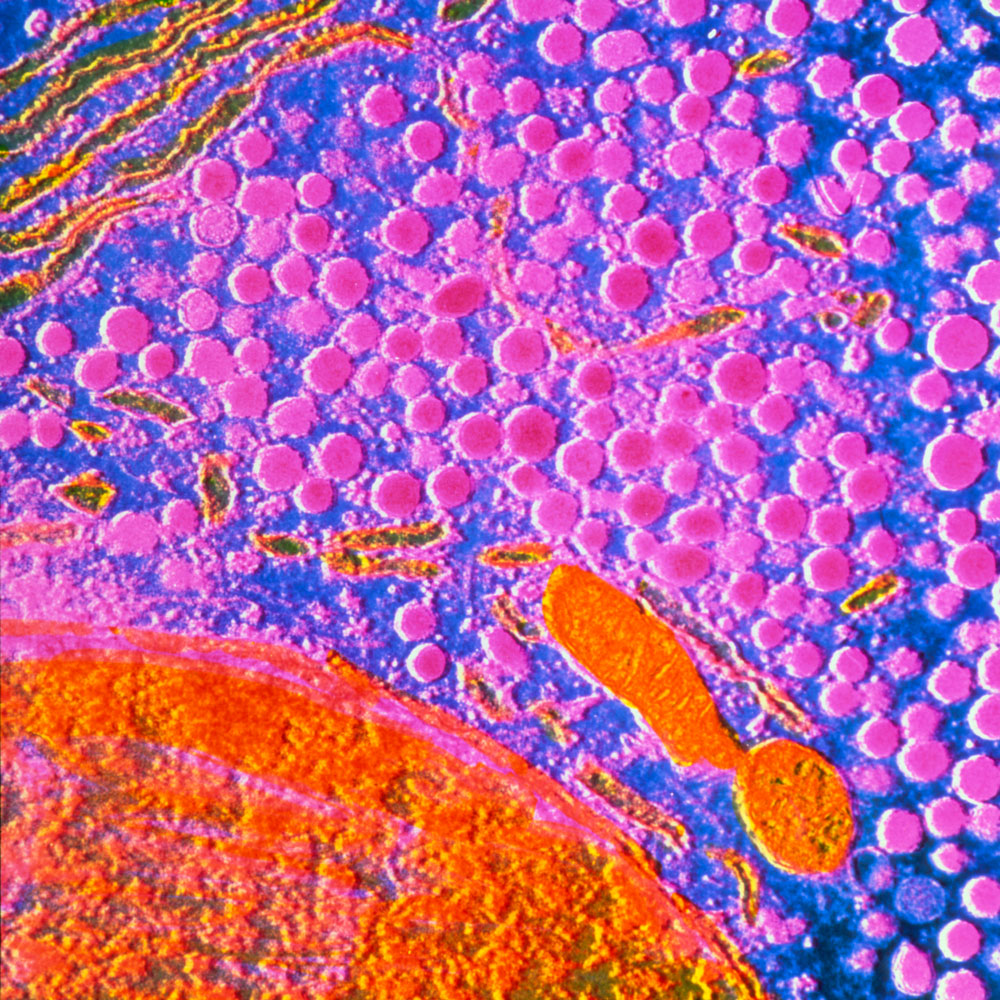
Fabio Bertarelli, Pietro Bertarelli's son, succeeded him as Serono's Chief Executive.
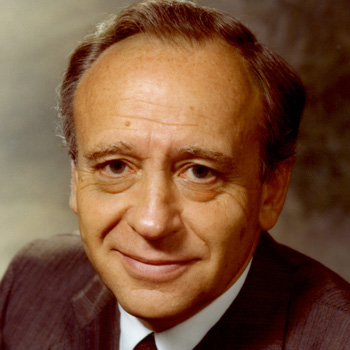
The fertility drug Pergonal, developed by Serono two decades earlier, helped to make possible the world's first test-tube baby, Louise Brown.
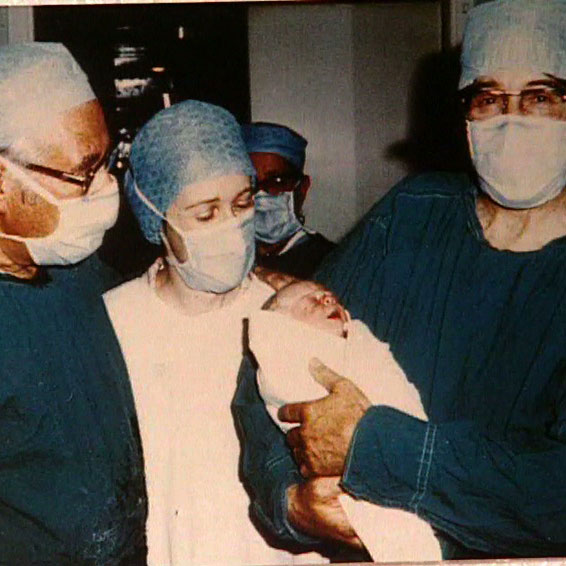
To make drug manufacturing more efficient, Serono began to utilise the still nascent field of recombinant DNA technology for the first time.

Serono applied recombinant DNA technology for the second time to produce the substitute human growth-hormone, Saizen, which is used to provide long-term treatment for patients who are growth-hormone deficient.
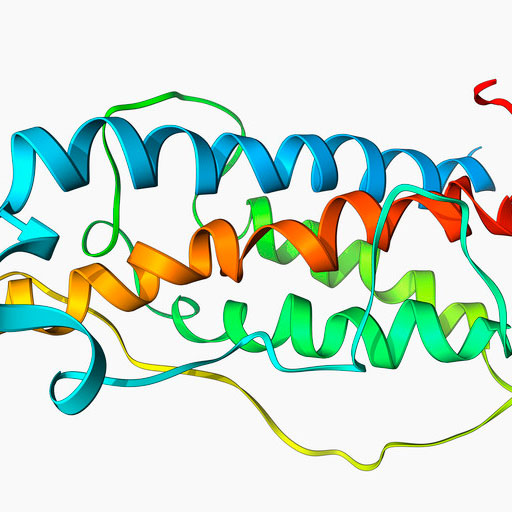
Ernesto Bertarelli is appointed Chief Executive of Serono at the age of 31. Changing the company's focus from pharmaceuticals to biotechnology, revenues increased from $809 million in 1996 to $2.8 billion in 2006.

Serono was listed on the New York Stock Exchange. By now Serono was operating in over forty countries and its products were being sold in over ninety.

Serono's breakthrough drug, Rebif, was approved to treat Multiple Sclerosis in the USA and soon became that sector's market leader treatment.
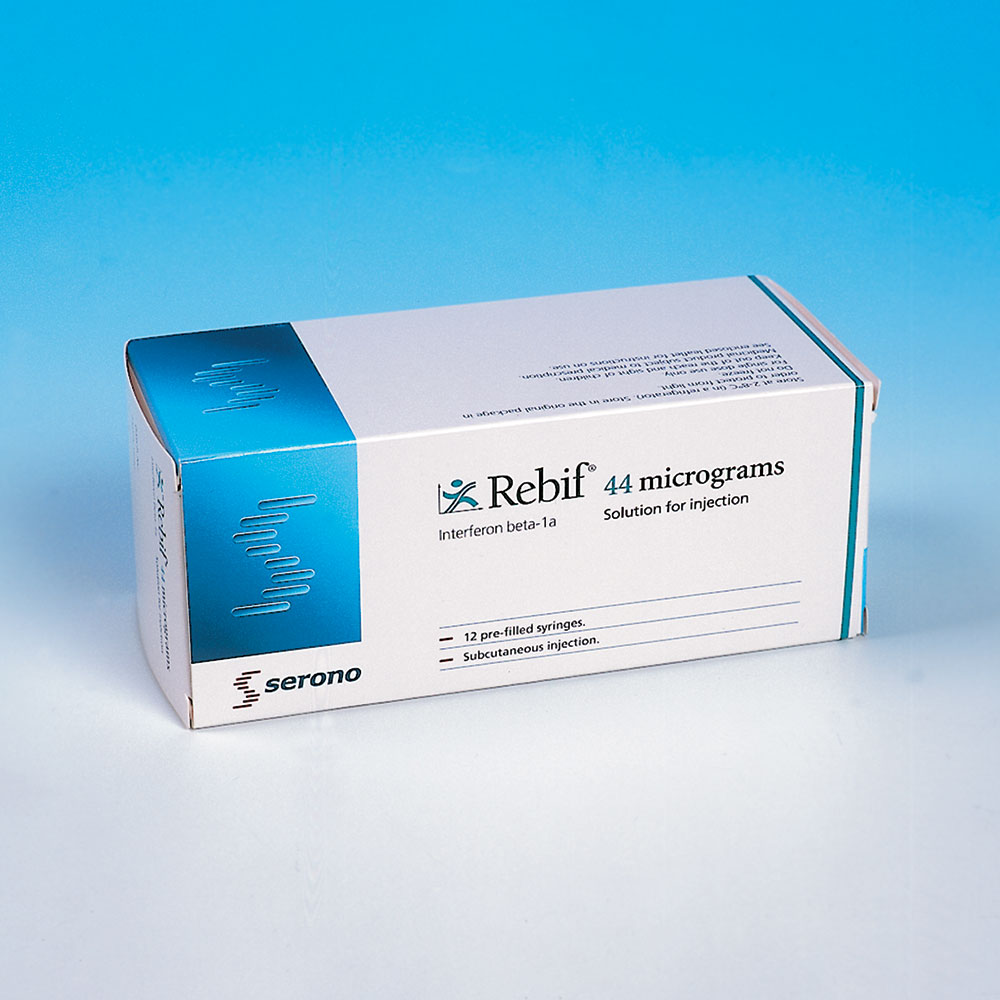
Serono was named the world's third largest biotechnology company and was bought by German biotech giant, Merck for $13.3 billion to form pharmaceutical giant Merck Serono. The Bertarelli family used this capital to build, and grow, a diverse portfolio of business enterprises.
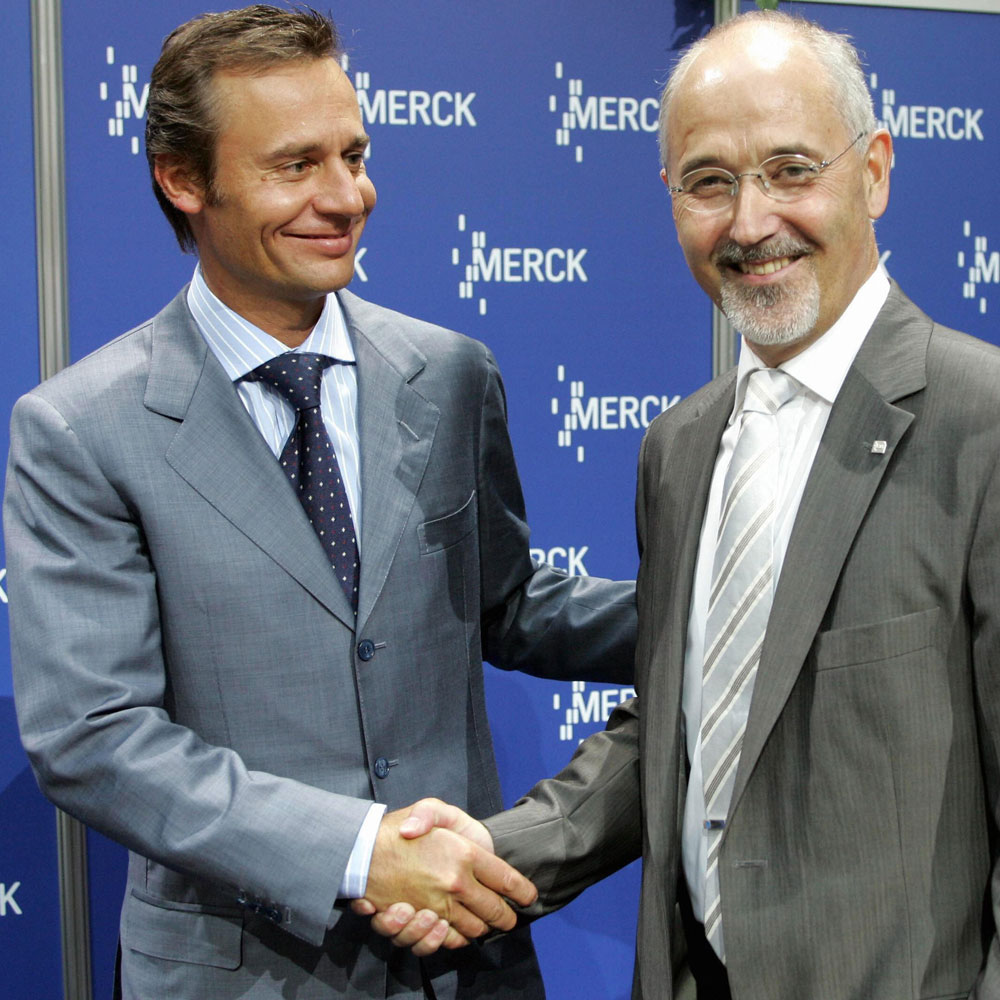
Pietro Bertarelli was instrumental at Serono since its earliest days and, in 1935, was appointed Managing Director; thanks to Pietro’s leadership, Serono made great strides in extracting human gonadotropins which led to the commercialisation of the acclaimed fertility drug Pergonal.
The success of Serono was Fabio’s constant objective but he never lost sight – nor let anybody who worked for him lose sight – of the fact that the company’s endeavours were ultimately in the service of society.
The success of Serono was Fabio’s constant objective but he never lost sight – nor let anybody who worked for him lose sight – of the fact that the company’s endeavours were ultimately in the service of society.
Under Ernesto’s leadership, Serono became a global biotechnology leader, with major breakthroughs in reproductive health and neurology. His entrepreneurial spirit, honed during this time, now drives a diverse portfolio of business ventures.
Dona combines business leadership with a passion for philanthropy and the ocean. After a successful career at Serono, she has become a leading advocate for impactful initiatives in ocean conservation, education and gender equality, and so continues the family’s values-driven legacy.
Dona combines business leadership with a passion for philanthropy and the ocean. After a successful career at Serono, she has become a leading advocate for impactful initiatives in ocean conservation, education and gender equality, and so continues the family’s values-driven legacy.